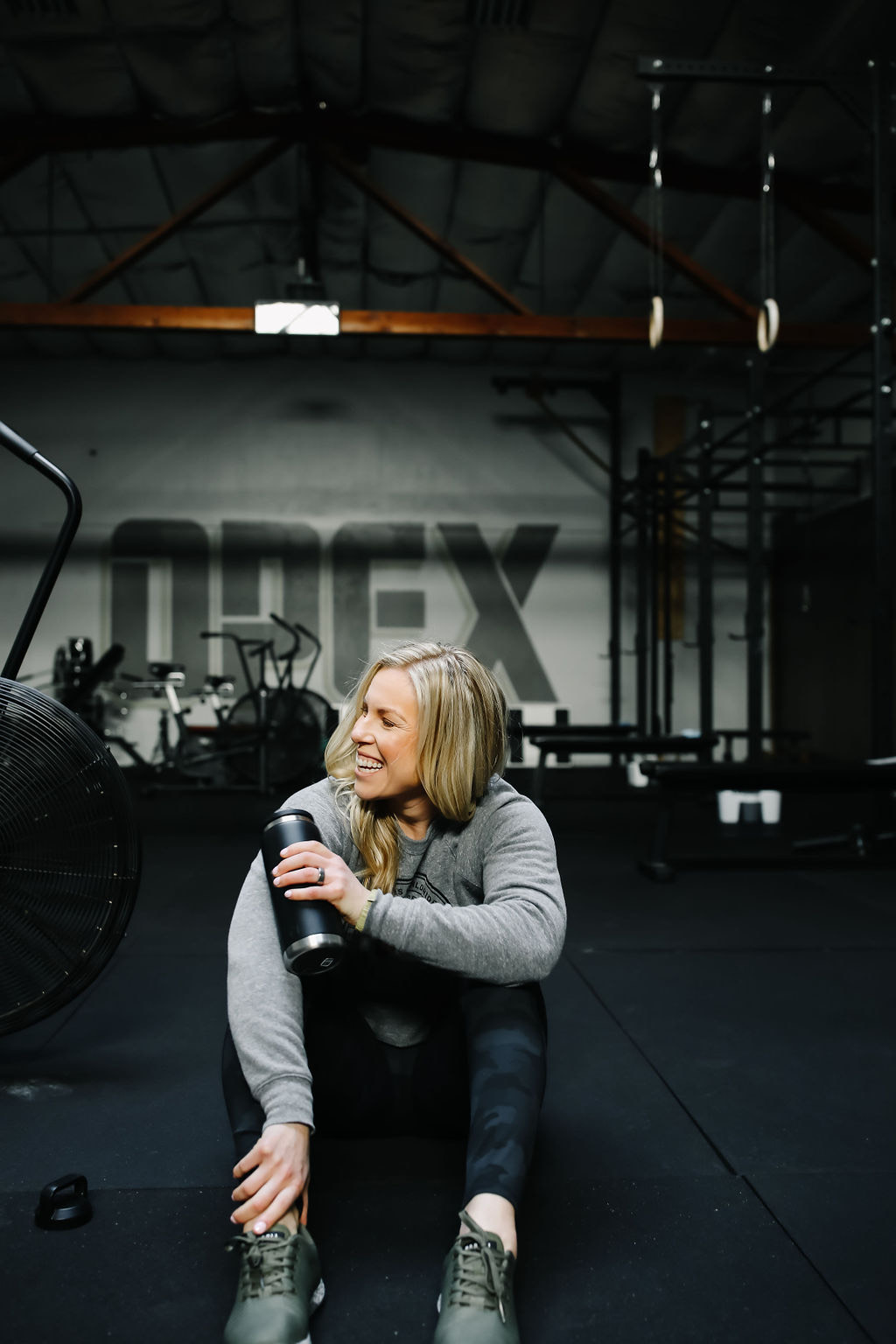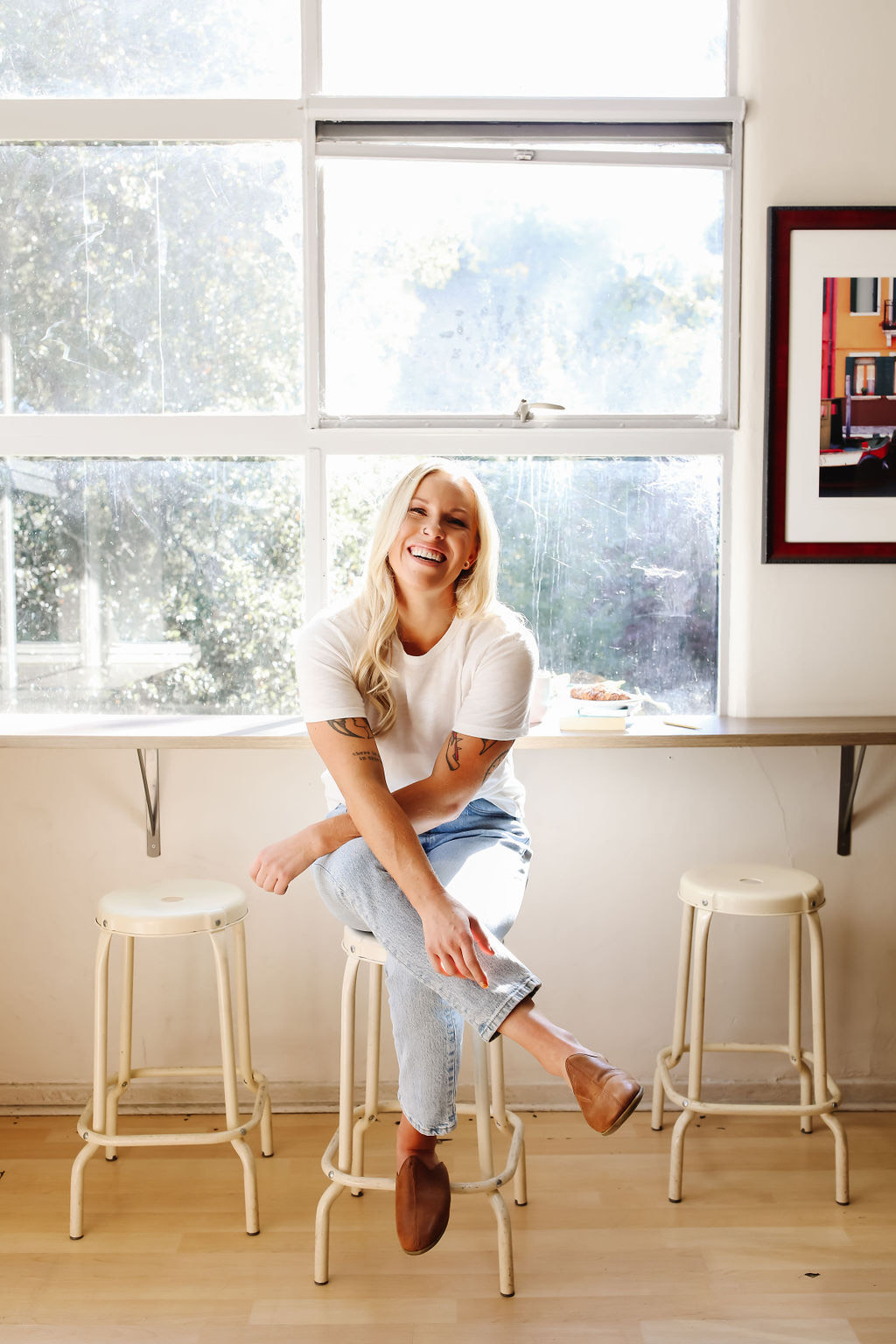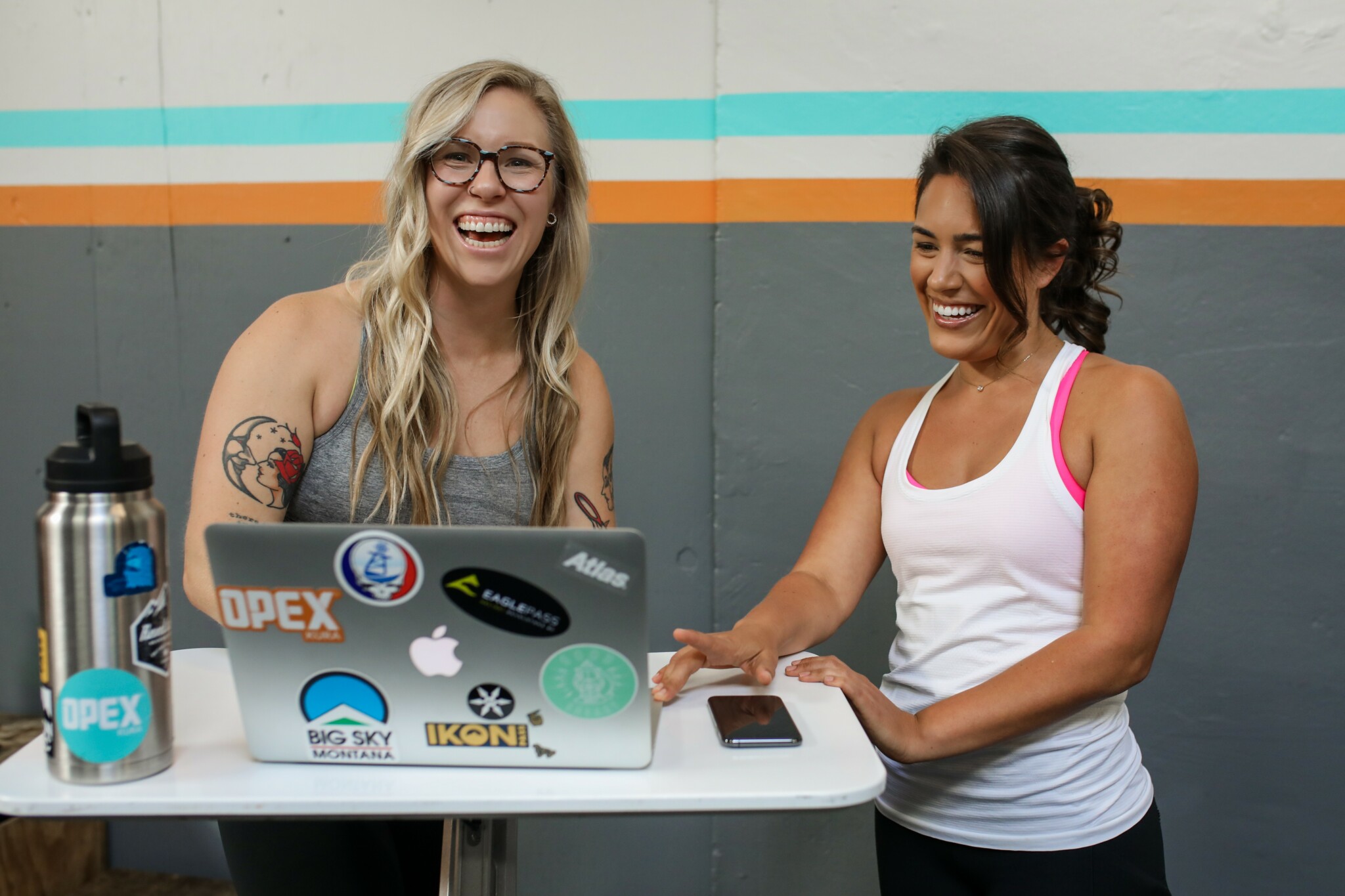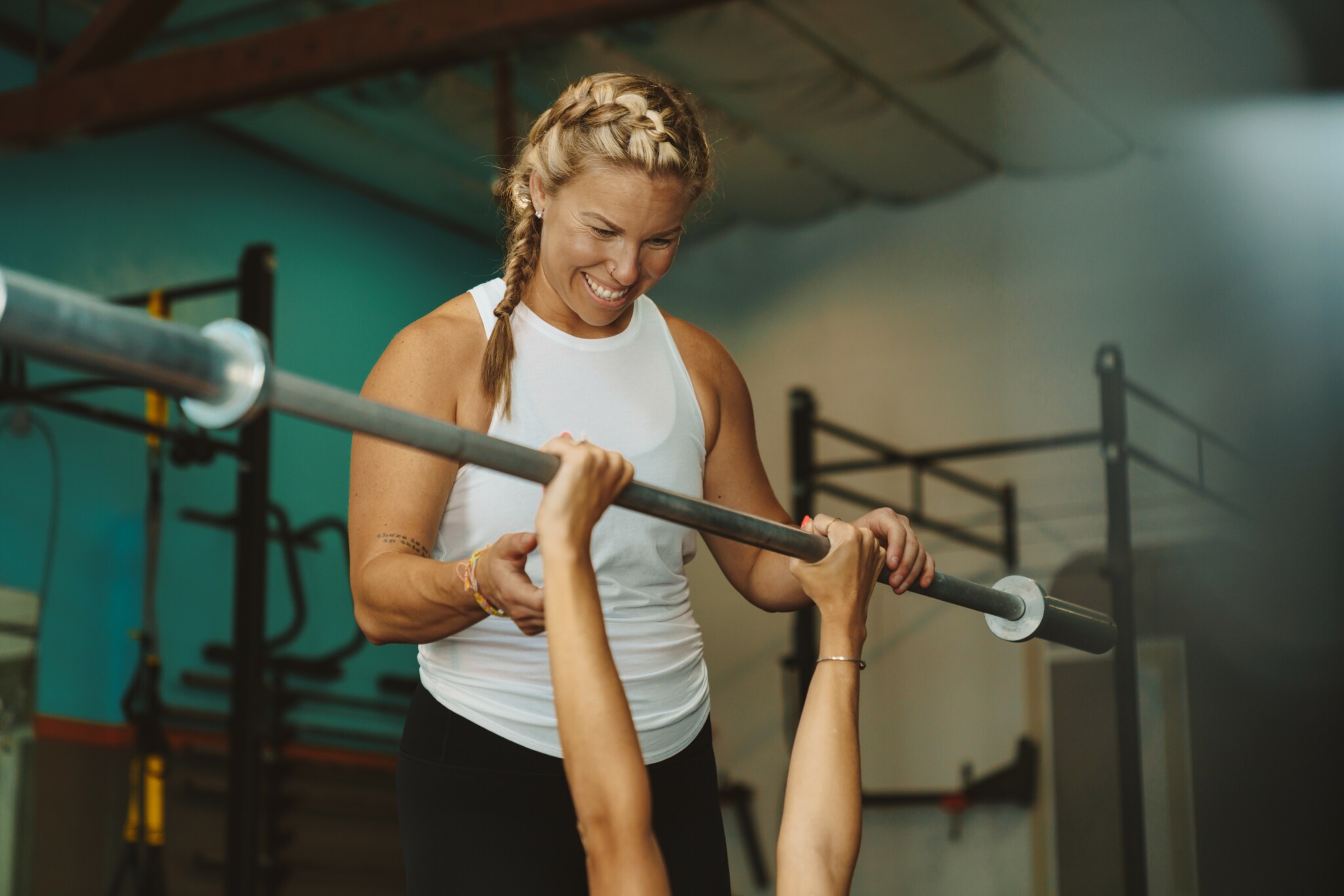We’re excited to introduce you to the always interesting and insightful Melissa Guitron. We hope you’ll enjoy our conversation with Melissa below.
Melissa, looking forward to hearing all of your stories today. What was the most important lesson/experience you had in a job that has helped you in your professional career?
One of the most important lessons I learned in my career came from working at a fitness studio that, while deeply passionate about health and fitness, struggled with the business side of things. When I first started there, I was excited to be part of a community that cared so much about movement, coaching, and helping people feel their best. But over time, I started noticing cracks—trainers weren’t being paid on time, memberships were inconsistent, and financial stress seemed to overshadow the gym’s mission.
At first, I thought passion alone would be enough to make a gym successful. After all, if you love what you do and help people, the rest should work itself out, right? But I quickly learned that no matter how much heart you pour into your business, if you don’t know your numbers—your revenue, expenses, profit margins, and cash flow—you’re setting yourself up for failure.
I watched as the gym struggled month to month, making reactive decisions instead of strategic ones. The team was constantly trying to “sell” more memberships to stay afloat, but there was no real system in place to track financial health or long-term sustainability. Seeing this firsthand, I realized that running a business isn’t just about being good at what you do—it’s about understanding how to sustain it.
That experience stuck with me. It taught me that financial literacy is just as important as passion. You don’t have to sacrifice your love for fitness to be successful, but if you want to keep doing what you love, you must understand the financial foundation of your business. Now, whether it’s coaching, consulting, or managing, I make sure I know my numbers and approach business with both heart and strategy

Melissa, love having you share your insights with us. Before we ask you more questions, maybe you can take a moment to introduce yourself to our readers who might have missed our earlier conversations?
I’ve always been someone who struggled to find happiness within my own body, and that experience shaped how I approach fitness and coaching today. What I found most challenging in traditional gym spaces—especially in group fitness models—is that they tend to cater to two extremes: the person who is struggling the most and the person who excels. That middle group, the ones who are “just good enough,” often get overlooked.
That’s where OPEX Kura and personalized fitness come in. My goal has always been to see the people who get lost in the middle and provide them with the education, structure, and support they need to live a healthier life—not just in the gym, but in every aspect of life. I saw a major gap in the fitness industry where gym models were rigid and unadaptive to the phases of life we all go through—motherhood, perimenopause, breakups, work stress. These things don’t just impact our emotions; they affect how we train, recover, and move. Traditional fitness models don’t account for that, but our approach does. We create training and nutrition programs that understand and adapt to your life, so you can continue to be part of a supportive community while still honoring the season you’re in.
One of the things I’m most proud of is the education I’ve provided—not just for my clients, but for other coaches who want to meet the evolving needs of women throughout every phase of life. It’s not just about sets and reps; it’s about creating sustainable, personalized approaches that allow women to feel seen, heard, and successful in their training, no matter what life throws at them.
Beyond my work in fitness, I’ve also found deep fulfillment in being part of a nonprofit called Simply The Basics, which provides hygiene products and menstrual care to individuals experiencing financial hardship or homelessness. My involvement with this organization has reinforced my belief that the work we do should always extend beyond the walls of a gym. It’s about real impact—whether that’s helping someone feel stronger in their body or ensuring they have access to basic dignity through hygiene care.
At the end of the day, my goal is always to think about the bigger picture. How does my work, my business, and my mission impact my community at large? Whether it’s through fitness, education, or service, I want to create lasting change in the lives of the people I work with—inside and outside of the gym

Any stories or insights that might help us understand how you’ve built such a strong reputation?
I’d say my reputation has been built through a combination of self-confidence and intentional relationship-building. Over the past 10 years of owning my business, I’ve never lost sight of the importance of being genuinely present in the community I’m creating.
It’s not just about what happens inside the gym—it’s about the connections made outside of it. Whether that’s partnering with other local businesses that align with my values, remembering the name of my local barista, or recognizing the cashier at my grocery store, investing in the people around me has always been a priority. Those small, everyday interactions build trust, and over time, they’ve made me the go-to source for personalized fitness in my community.
I think people want to work with someone who sees them, not just as clients but as individuals with lives, responsibilities, and challenges. By truly knowing my clients and their stories, I’ve been able to create an environment where they feel valued and understood. That personal connection, combined with expertise, is what has helped me stand out and solidify my reputation as a trusted coach.

What’s a lesson you had to unlearn and what’s the backstory?
One of the biggest lessons I had to unlearn was the idea that my success as a coach was tied to my physical physique. For a long time, I believed that being lean, fit, and looking the part was essential to being respected in the industry. It wasn’t just about leading by example—it felt like an unspoken expectation that my credibility depended on how I looked.
That belief was put to the test when I tore my Achilles a few years ago. The injury was severe, and the recovery process was long and frustrating. I couldn’t train the way I was used to, and naturally, my body changed. My weight shifted, my composition changed, and for the first time in my career, I felt like I wasn’t “walking the walk.” It shook my confidence, and as silly as it sounds, I genuinely feared it would impact my business. Would clients still trust me? Would potential clients see me as credible if I didn’t fit the stereotypical image of a fitness coach?
What I learned during that time was invaluable. My clients weren’t coming to me because of my body—they were coming to me because of my knowledge, my coaching, and the way I made them feel seen and supported. My business wasn’t built on aesthetics; it was built on relationships, education, and results. And honestly, that experience made me a better coach. It deepened my empathy for clients navigating injuries, body changes, and self-doubt. It helped me step even further into my role as a guide rather than a performer.
This is a struggle so many in the fitness industry face, and I’m grateful I was forced to confront it. Unlearning that my value is tied to my body has given me more freedom in my work, more confidence in my expertise, and a deeper understanding of what truly makes a great coach
Contact Info:
- Website: https://www.opexkura.com
- Instagram: melissa_tron
- Linkedin: /melissa-guitron-9b127628
- Yelp: https://www.yelp.com/biz/opex-kura-san-mateo


Image Credits
Emilie Bers Photo


